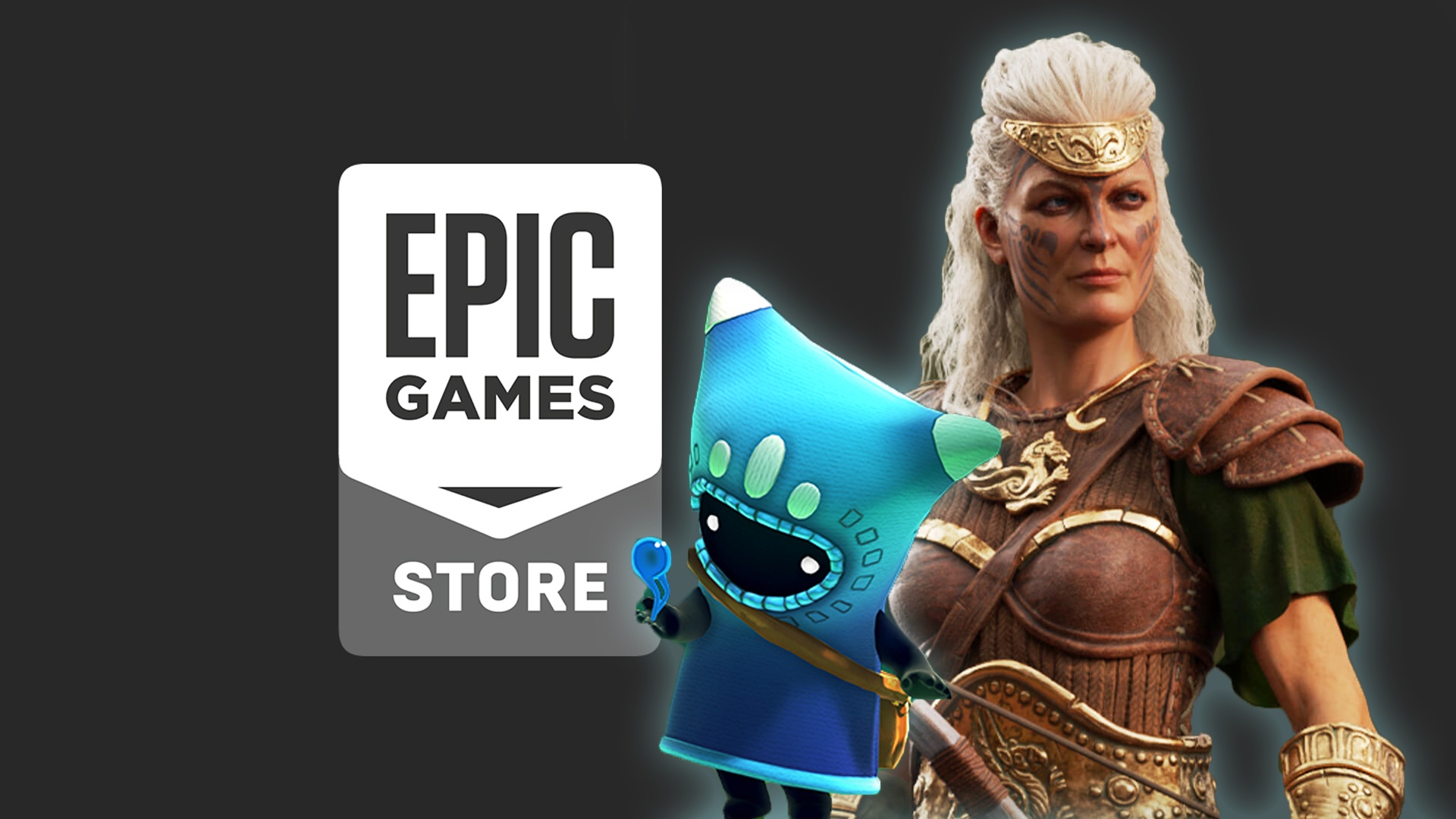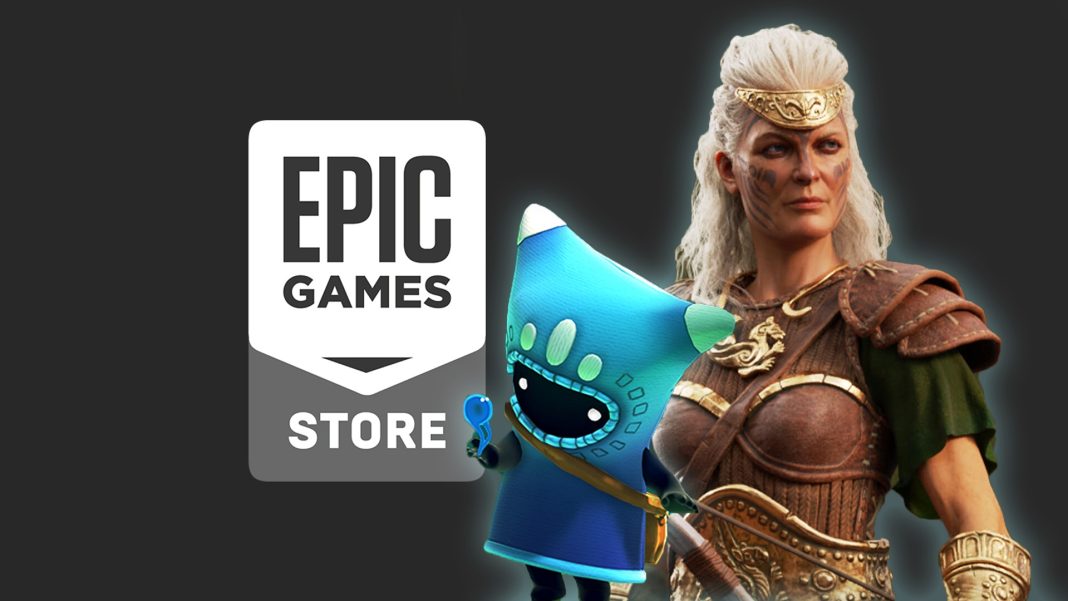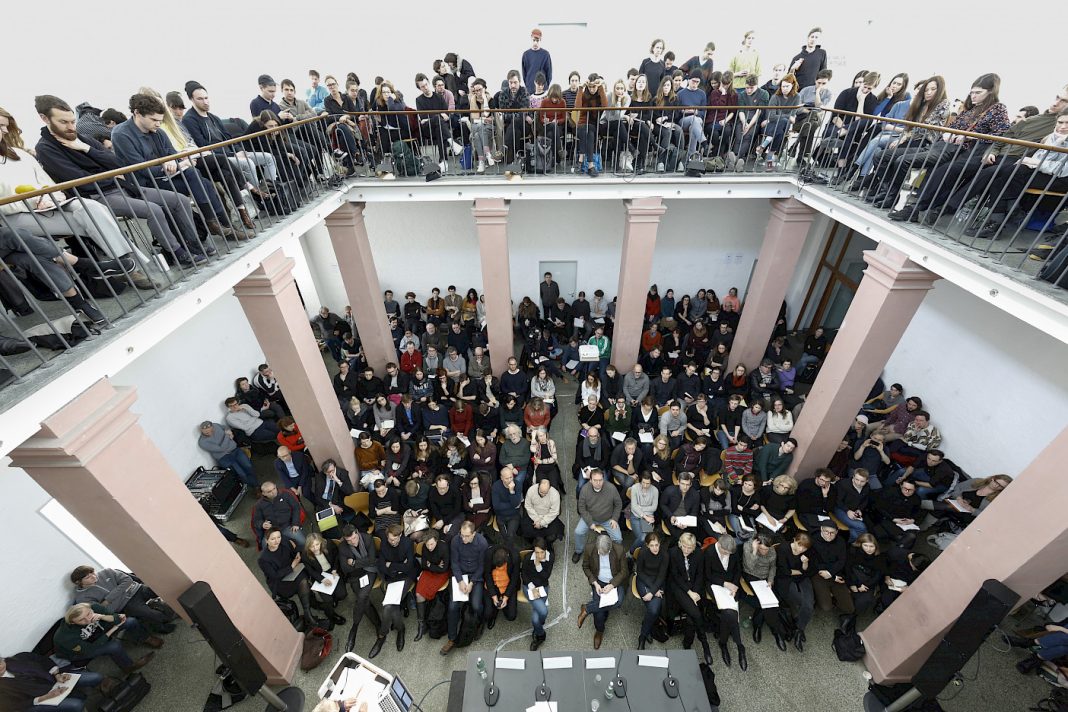 Apple’s decision to reverse its rejection of the Epic Games Store for iOS in Europe has sparked a debate over the company’s compliance with the EU’s Digital Markets Act (DMA). Epic Games, the developer of popular game “Fortnite,” accused Apple of violating the DMA by rejecting its application. The dispute arose when Apple cited similarities in the design of the Epic Games Store’s “Install” button and “In-app purchases” label to its own buttons and labels. Apple argued that these similarities violated its guidelines.
Apple’s decision to reverse its rejection of the Epic Games Store for iOS in Europe has sparked a debate over the company’s compliance with the EU’s Digital Markets Act (DMA). Epic Games, the developer of popular game “Fortnite,” accused Apple of violating the DMA by rejecting its application. The dispute arose when Apple cited similarities in the design of the Epic Games Store’s “Install” button and “In-app purchases” label to its own buttons and labels. Apple argued that these similarities violated its guidelines.
Epic Games defended its design choices, stating that it followed standard naming conventions and button designs used by other app stores. The company emphasized that it aimed to create a store that mobile users could easily understand and that its disclosure of in-app purchases followed regulatory best practices. In response to Apple’s rejection, Epic Games lodged a complaint with the European Commission, asserting that Apple’s decision was arbitrary and obstructive.
However, just hours after Epic Games raised its concerns, Apple reversed its decision and approved the Epic Games Store for iOS in Europe. The company’s CEO, Tim Sweeney, confirmed the news on his social media account, noting that the application’s development was back on track. But Sweeney also expressed concern over Apple’s demand to change the buttons in the next version of the store, which would make it less standard and harder to use.
The European Commission has been closely monitoring Apple’s App Store rules and previously declared them to be in violation of the DMA. The commission highlighted that these rules prevent app developers from freely guiding consumers to alternative channels. According to Margrethe Vestager, the EU’s executive vice-president in charge of competition policy, allowing steering is crucial for app developers to reduce their dependence on gatekeepers’ app stores. The commission also revealed that it has initiated proceedings against Apple regarding its core technology fee and various rules related to third-party app stores and sideloading.
In its investigation, the commission found that Apple’s business terms do not permit developers to direct customers away from the App Store, except through “link-outs” to web pages. The commission deemed this restriction to be limiting and stated that the fees charged by Apple for facilitating customer acquisition exceeded what was necessary. If the commission’s preliminary findings are confirmed, it plans to issue a “non-compliance decision” within 12 months from the start of proceedings.
The reversal of Apple’s decision regarding the Epic Games Store highlights the ongoing tension between app developers and major tech companies. While Apple maintains control over its App Store guidelines to ensure a consistent user experience, developers argue for more flexibility to promote their own offerings. The outcome of this dispute and the European Commission’s investigation into Apple’s App Store rules will have significant implications for the future of app distribution and competition within the digital market.


